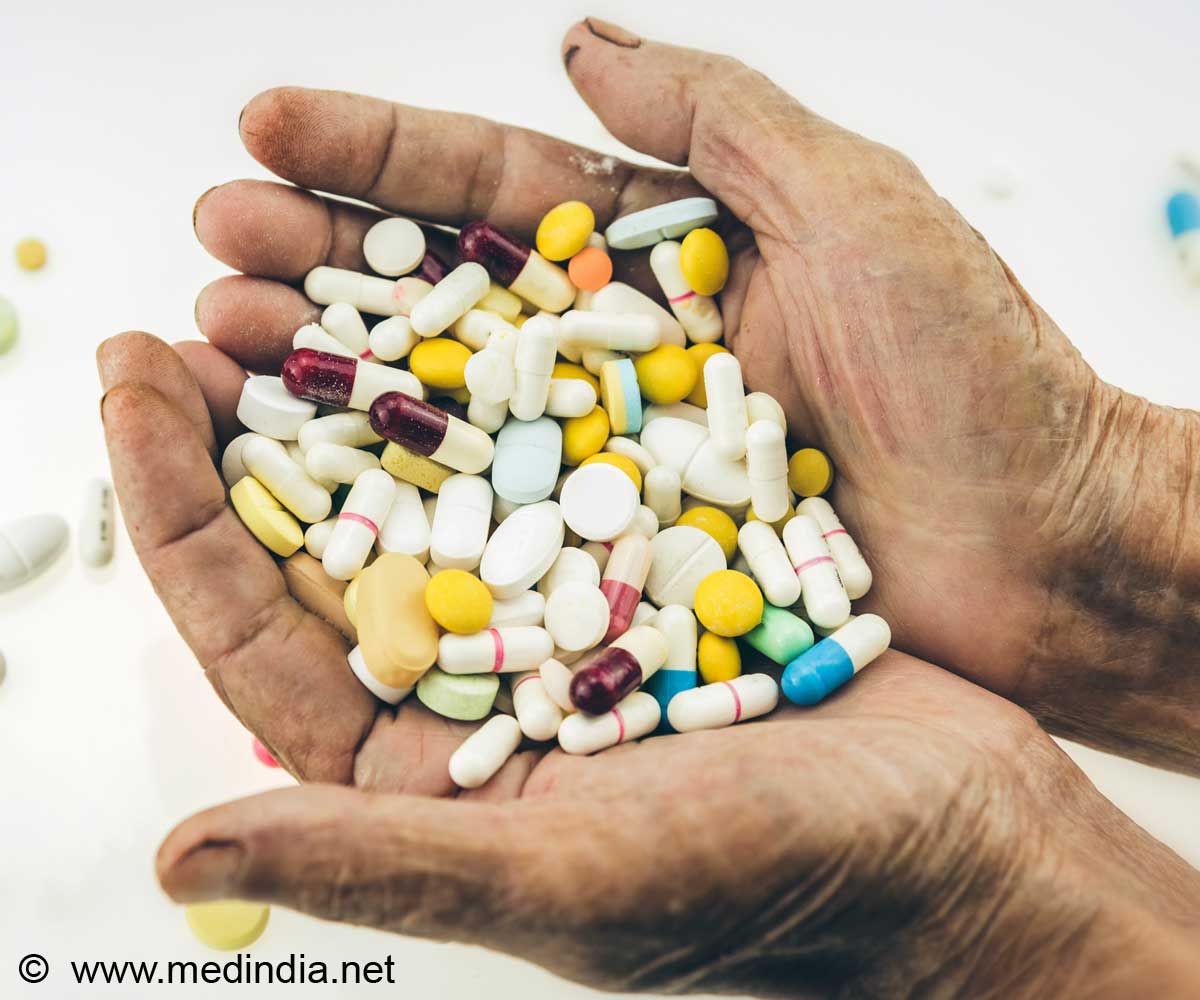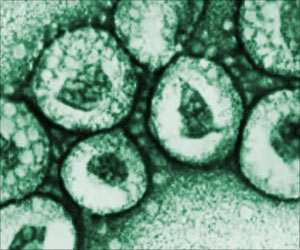A new report has revealed that though the use of heroin in Europe is declining, more people are now getting their fix from prescription drugs, and some are even using them to deal with addiction

"The drug phenomenon is dynamic and continues to evolve, leaving us no room for complacency as new threats emerge," Wolfgang Goetz, director of the European Monitoring Centre for Drugs and Drug Addiction (EMCDDA), wrote in an introduction to the latest European Drug Report.
It highlighted abuse of synthetic opioids -- the class of drugs to which heroin belongs -- including methadone and buprenorphine that are used in substitution treatment.
Like heroin, they are addictive but safer, partly because as they are taken by mouth rather than injected.
"In 2012, 17 countries reported that over 10 percent of first-time opioid clients entering specialist treatment were misusing opioids other than heroin," said the report.
In some countries, these drugs now represent the most common form of opioid abuse -- like in Finland where buprenorphine is most popular.
These seek to replace drugs that are strictly controlled under national or international laws. Unregulated, they are marketed as "legal highs" or disguised as herbal incense, bath salts, jewellery cleaner or even plant food.
"I am deeply concerned that the drugs consumed in Europe today may be even more damaging to users' health than in the past," said European Commissioner for Home Affairs Cecilia Malmstroem.
- Pot still popular -
More than 80 million Europeans, about a quarter of the adult population, are estimated to have used illicit drugs at some point in their lives.
Most (73.6 million) used cannabis -- 18.1 million in the last year. Marijuana and hashish are consumed at a rate of about 2,000 tonnes per year.
Cocaine was in second place with 14.1 million people having used it (3.1 million in the last year measured), followed by amphetamines with 11.4 million users ever (1.5 million in the last year).
The agency quoted a recent analysis of raw sewage in 42 cities in 21 European countries, which calculated that 832 kilogrammes (1,800 pounds) of cocaine were consumed daily in Europe's cities -- led by Amsterdam, Antwerp, London and Zurich.
Dutch cities also led in the use of ecstasy as well as cannabis, in which they were closely followed by Paris, Athens and Barcelona.
One in four 15- to 16-year-olds are estimated to have used an illicit drug, mainly marijuana, said the EMCDDA report.
Cannabis accounted for about 80 percent of the one million drug seizures each year, followed by cocaine and crack with nine percent, heroin with four percent, amphetamines with three percent, ecstasy two percent, and methamphetamine and LSD with one percent each.
Cannabis was also the drug most frequently cited in 2012 as the reason for seeking drug treatment for the first time.
While opioid use is on the decline -- from 59,000 new clients in 2007 to 31,000 in 2012, there are still about 1.3 million "problem" users in Europe, said the report.
Heroin was the major cause of the 6,100 overdose deaths recorded in Europe in 2012 -- down from 6,500 in 2011 and 7,100 in 2009. Estonia, Norway, Ireland, Sweden and Finland have the highest overdose rates.
Cocaine accounted for some 500 deaths in 2012, said the report, compared to some 10,000-20,000 opioid deaths each year.
The report said the rise in substitute opioid use may partly explain recent outbreaks of HIV among drug users in Greece and Romania, long a problem in some Baltic countries and traditionally associated with heroin injection.
And it raised concerns about the Internet as a growing marketplace.
"The fact that manufacturers, suppliers, retailers, website-hosting and payment processing services may all be based in different countries makes it particularly difficult to control," said the document.
Source-AFP
 MEDINDIA
MEDINDIA



 Email
Email










